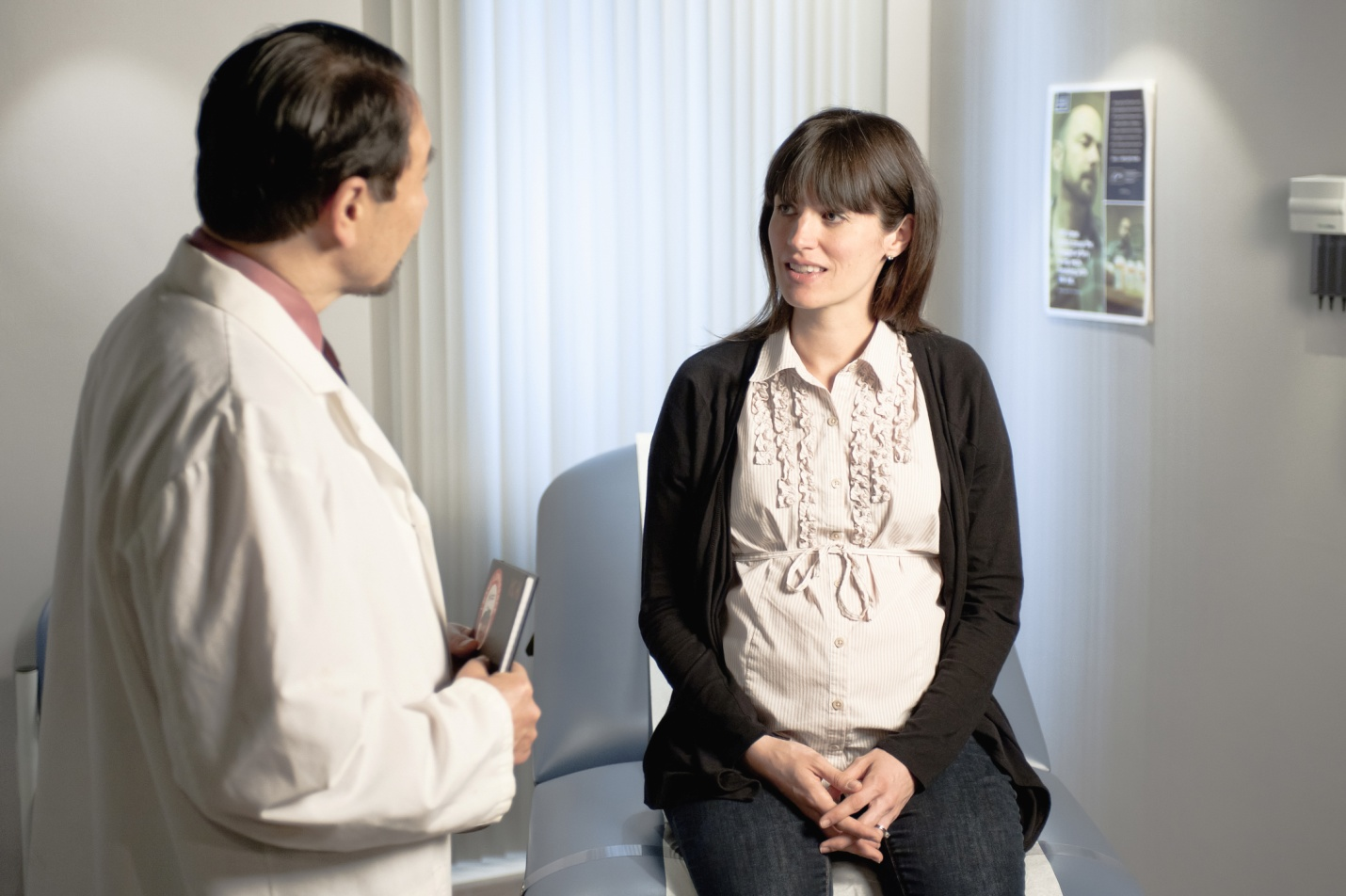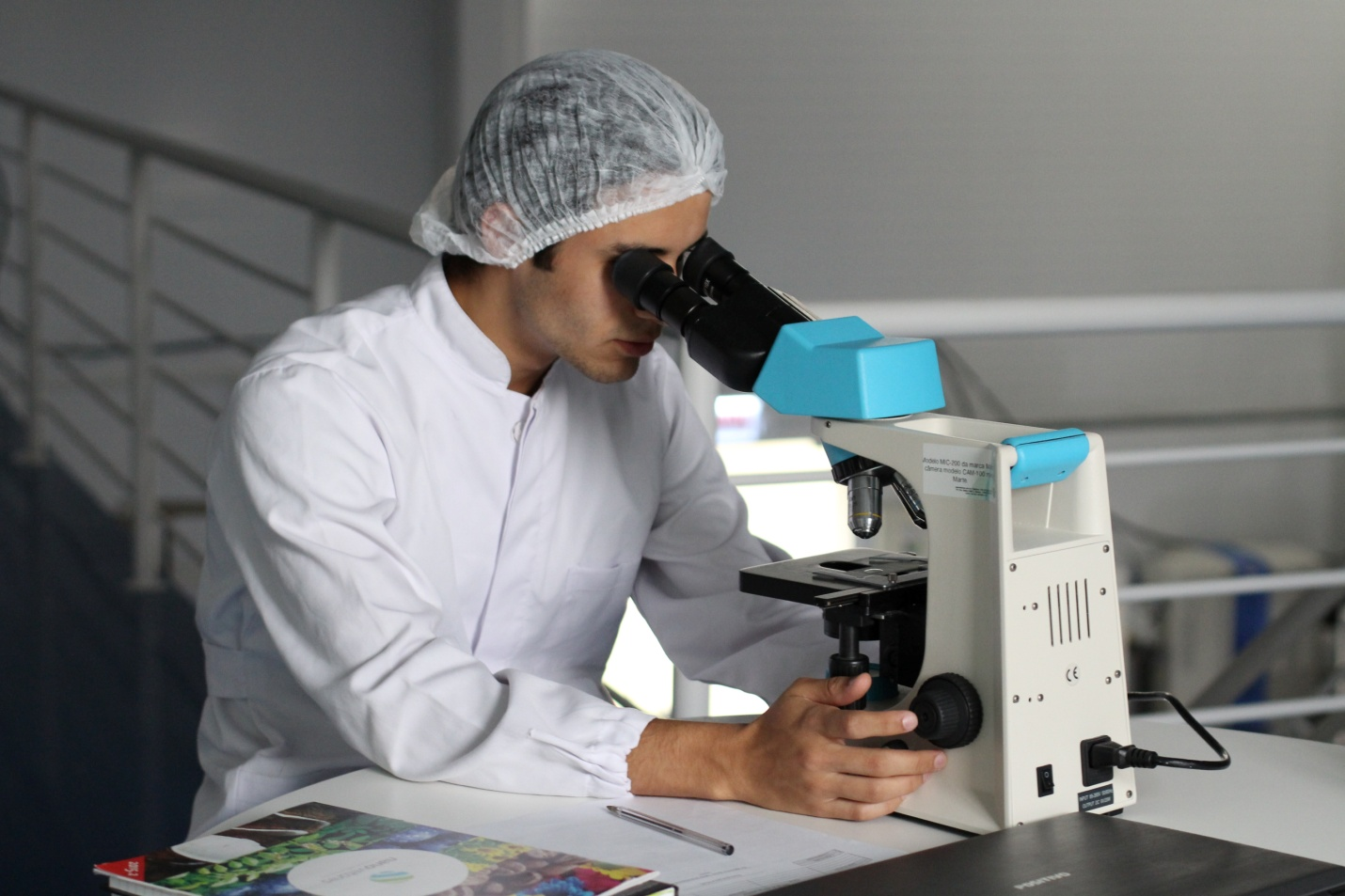Myths And Facts About Gonorrhea
Gonorrhea is a sexually transmitted infection. It's caused by a bacteria called Neisseria Gonorrhea Bacterium. According to the CDC, around 1.6 million individuals in the US develop gonorrhea infections every year.
Since this STI is very common, you might have heard many myths about it that are far from reality. In this blog, let's take a look at some of the myths and facts regarding gonorrhea.

Myth: Gonorrhea Can be Contracted From Public Toilets
Fact
Neisseria Gonorrhea Bacterium is the virus that causes gonorrhea and it can't live outside the human body for long. Hence, a person catching gonorrhea from a public toilet is highly unlikely.
Myth: You Can't Catch Gonorrhea from Oral Sex
Fact
Although vaginal intercourse is the most common way of gonorrhea transmission, you can still catch the condition from oral sex as well.
When gonorrhea is transmitted through oral sex, the infection usually occurs in the eyes, throat, or mouth.
Myth: You Can Tell if You or Your Partner has Gonorrhea
Fact
Gonorrhea, like other STIs, often presents no symptoms, especially in the initial stages of the infection. Moreover, the symptoms of gonorrhea can be similar to other STIs.
The only certified method to ensure you or anyone is gonorrhea free is to get it checked via STD tests.
Myth: Gonorrhea Testing is Complicated
Fact
Gonorrhea testing is a simple yet effective process. The most common method to test for gonorrhea is urine testing. A urine sample is all that's required from you, and the lab will perform tests to identify if the bacteria that causes gonorrhea is present or not.
Another way to test for gonorrhea is to take a sample of cells from your urethra or cervix and test it under a microscope.
Early diagnosis of the infection is critical to keep it from spreading and prevent complications in the future.

Myth: Gonorrhea Can't be Treated
Fact
Gonorrhea is treatable. However, the treatment is most effective when started early.
Even if the infection progresses and causes complications, it can still be treated with a different course of medications, which your doctor will prescribe.
If you suspect you or your partner has gonorrhea, you need to get tested for it immediately. If the tests turn out positive, you'll need to consult a doctor to treat the infection.
If you can't visit the doctor, speak to an online doctor for gonorrhea and tell them about your symptoms. TelMDCare has a team of experienced virtual doctors who specialize in STD treatment online. Book an appointment now or contact us for more details.